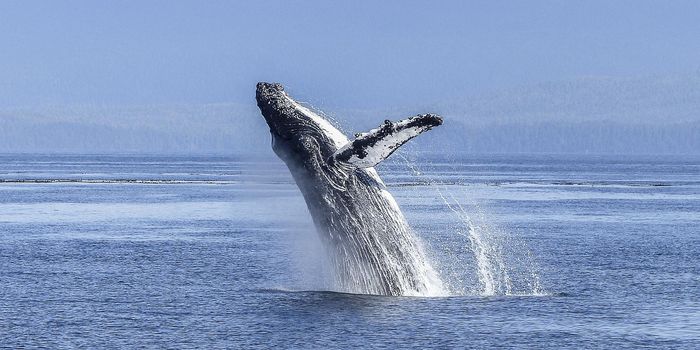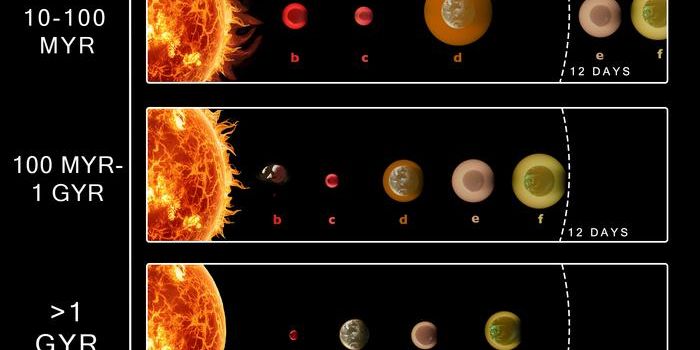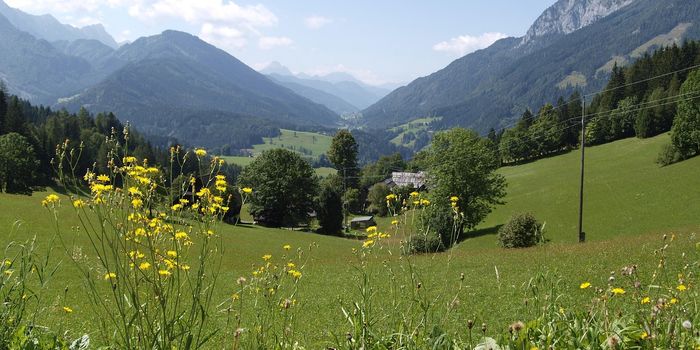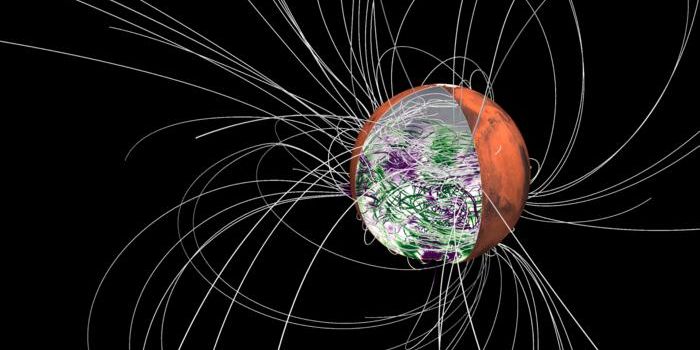Iron levels limit coral resiliency and growth
A new study from Penn State researchers reports that corals’ resiliency to climate change depends on environmental iron levels, suggesting that low iron levels limit coral growth and repair. Their findings are published in the Journal of Phycology.
There are concerns that environmentally available iron will decrease as ocean temperatures warm from climate change. For that reason, the team wanted to investigate how iron levels would influence the heat tolerance of corals, and more specifically, the microalgae that live in corals.
"In this study, we found that limiting the available iron lowered the heat tolerances of two species of microalgae, which potentially could have cascading effects on the coral and on the reef ecosystem," said author Hannah Reich.
It has been previously noted that the photosynthetic microalgae that live within coral cells require high concentrations of iron. These microalgae are crucial to corals’ wellbeing because they provide up to 90 % of the coral's nutritional needs through photosynthesis.
"Corals are the foundation for one of the most important ecosystems in the world. They support significant amounts of biodiversity, protect our shorelines from storms, provide habitat for our fisheries, and boost our economies with their opportunities for tourism. Climate change affects not only the coral, but also their symbiotic microalgae and the partnership between them,” commented said Todd LaJeunesse, professor of biology at Penn State. “In this study, we explored two aspects of climate change--warming waters and altered amounts of trace metals like iron--on the algae."
The study found that under conditions of high temperatures and limited iron, both coral species grew poorly compared to conditions of moderate temperatures and normal iron levels. "High temperatures increase metabolic demands, which forces the microalgae to work harder function properly," said Reich. "It also increases dependence on processes that require iron, like photosynthesis and assimilating other nutrients. We found that under high temperatures, the microalgae needed more than five times as much iron to reach typical, exponential growth rates."
The team also discovered that limited iron availability at high temperatures additionally adversely impacts the photosynthetic ability of the algae by decreasing their efficiency and ultimately their growth.
The researchers hope to continue their investigations in order to better understand how trace metal requirements change in different conditions in the field. "While it is important to understand how access to iron supplies can impact the ability of corals to respond to climate change stressors, there is still a dire need to reduce carbon dioxide emissions to combat the climate crisis," concluded Reich.
Sources: Journal of Phycology, Eureka Alert









